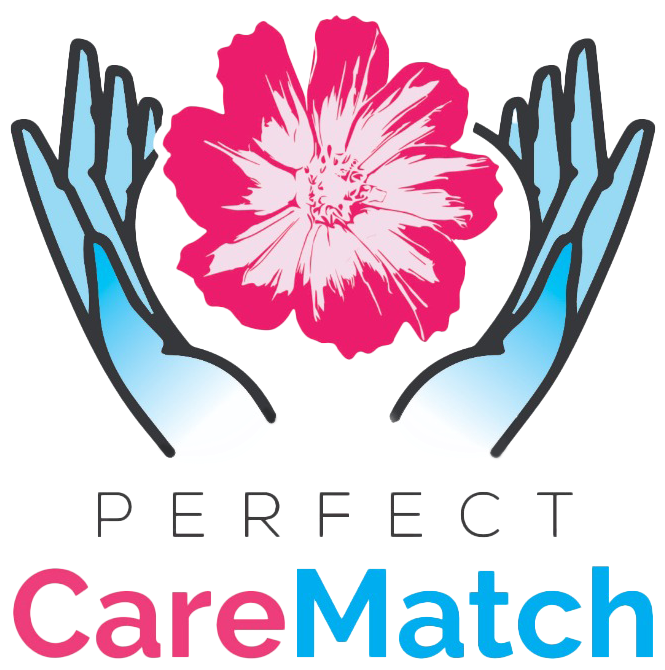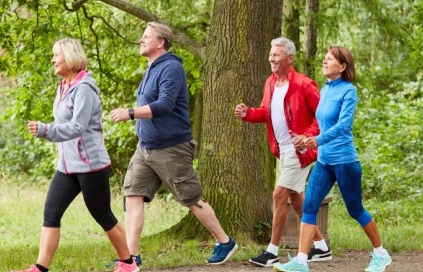Are there lifestyle aspects that can lead to older adults living longer, healthier lives? Scientists and researchers say yes, and evidence is seen in “Blue Zone” regions worldwide.
Blue Zones, unique areas where people consistently live longer and healthier lives, are characterized by a high concentration of centenarians and lower rates of chronic disease. These regions, identified through rigorous research, offer valuable insights into the lifestyle choices and environmental factors that foster overall health and longevity.
The Right Stuff
The science behind longevity is complex and multifaceted, involving genetics, lifestyle choices, and environmental factors. In Blue Zone areas such as Sardinia, Ikaria, and Okinawa, longevity is often attributed to a combination of diet, physical activity, strong social ties, and a sense of purpose.
While environmental factors play a role, studies show that older adults in these regions, generally those who maintain an active lifestyle, stay socially engaged, and eat a healthy diet, tend to live longer. Understanding the importance and discovering the joy of incorporating these lifestyle elements into daily life provides the foundation for enhancing older adults’ health, longevity, and quality of life and can inspire and motivate individuals to make these changes.
The Building Blocks of Health
The Blue Zones lifestyle is grounded in several fundamental principles that promote health and longevity and particularly benefit older adults. These include:
• Nutrition
• Regular Physical Activity
• Social Engagement
• Meaning and Purpose in Life
While environment and cultural norms play a role in promoting health in Blue Zone areas, adults everywhere can take practical steps to incorporate these principles into their lives to enhance their health and prospects of long life significantly.
Plant-Based, Low-Sugar Diet
A key factor in the longevity observed in Blue Zones is the diets consumed, which are primarily plant-based and rich in whole grains, fruits, vegetables, and legumes. Notably, diets in these areas include mainly locally grown ingredients. Whole foods dominate diets in Blue Zone areas compared to the use of processed foods and added sugars that can be common in other areas. These healthier food consumption practices contribute to lower rates of chronic diseases such as heart disease and diabetes.
Healthy cooking techniques in these areas also avoid using unhealthy fats and additives such as salt, helping to support overall health while reducing risks of various chronic conditions and diseases and slowing their progression. Additionally, simple cooking techniques, such as steaming and sautéing in health-supporting oils such as olive oil, help to retain nutrients while enhancing the flavors of meals. Healthy, nutrition-rich diets, such as those prevalent in Blue Zone areas, also help to support mental well-being and reduce the risk of cognitive decline.
Seniors can benefit from adopting similar dietary habits, focusing on nutrient-dense foods that are easy to prepare and digest. Incorporating Blue Zone dietary principles involves meal planning strategies that utilize fresh produce and ingredients, often grown, farmed, and harvested locally in rich soil, adding to the quality and nutritional value of the food.
Keep Active & Moving!
Regular, moderate exercise is essential for maintaining mobility and independence as people age. A notable characteristic of Blue Zone areas is the integration of regular exercise and physical activity as part of daily routines and lifestyles. In these areas, varying degrees of exercise are not confined to structured exercise routines but integrated into daily life. For example, older adults in these regions often engage in regular movement through gardening, walking, and other activities while interacting with their environment.
Incorporating physical activities as a regular part of life, such as these and others like group exercises or enjoyable excursions, is key for older adults. Such activities promote physical health and provide opportunities for social interaction. Seniors can improve their physical strength and overall quality of life by including daily movement activities. Regular physical activity also helps seniors maintain coordination and balance, which reduces the risk of falls and other injuries.
Maintaining a consistent schedule that includes enjoyable activities can help older adults remain active, contributing to physical health and social interaction, which is vital for emotional support. Encouraging seniors to adopt similar routines incorporating movement and physical exercise supports overall health and promotes mobility, strength, and well-being.
Social engagement plays a crucial role in the longevity seen in Blue Zones, where community connections are fostered through shared meals, celebrations, and support networks. Building and maintaining these connections is essential for seniors’ mental and emotional health. Participating in local clubs, volunteering, or organizing gatherings can create a sense of belonging and purpose. These interactions enrich lives and provide a strong support system that encourages healthy habits and resilience in facing life’s challenges.
Sense of Purpose and Passion for Life
Lastly, the role of purpose and passion in promoting longevity cannot be overstated. Individuals in Blue Zones often have a clear sense of purpose that drives their daily activities, whether nurturing family ties, engaging in hobbies, or contributing to their community. For older adults, identifying and integrating personal passions into everyday life can improve mental well-being and a greater sense of fulfillment.
Being mindful of one’s value, gifts, and talents to share with others and actively pursuing purposeful living practices inspired by Blue Zones can also help seniors cultivate awareness and appreciation for their lives. Engaging in activities one enjoys and is passionate about fuels and encourages health and well-being, reinforcing the importance of mental health as a cornerstone of longevity.
Holistic Self-Care and the Blue Zones Lifestyle
The concept of caring for oneself and others holistically aligns closely with the Blue Zones approach. Holistic care fosters a harmonious balance for flourishing health and well-being for all aspects of one’s being—mind, body, emotions, and spirit.
Whether you are an adult seeking to support every aspect of your health or a family or private duty caregiver providing care for elderly patients, incorporating easy-to-implement holistic self-care steps and lifestyle choices such as those found in Blue Zone areas into your routine and an overall mindset to approaching life can significantly impact your health.
Pillars of Health and Well-being
Keeping in mind these three critical pillars of health: nourishment, movement, and social engagement will help you frame an approach that holistically supports your health and those you care for. Here are some easy-to-implement simple steps to get you started:
Nourishment: A well-balanced diet rich in essential nutrients, vitamins, and minerals can help support immune function, promote healthy aging, and maintain muscle mass and strength. Ensuring proper nourishment for seniors is vital. A diet rich in fruits, vegetables, whole grains, lean proteins, and healthy fats can promote healthy weight, reduce the risk, and better manage chronic conditions such as heart disease, diabetes, osteoporosis, and others. Taking some Simple Steps Can Help to Ensure Well-Balanced Nutrition. Incorporate a diverse array of fruits and vegetables into your diet. This ensures you get a wide range of vitamins and minerals and keeps your meals interesting.
Movement: Regular physical activity helps manage weight and reduce the risk of chronic diseases, improves mood, boosts energy levels, and enhances cognitive function. Set aside times throughout the day for short bursts of physical activity. Even 5-10 minutes of stretching, walking, or doing simple exercises can make a difference. Use reminders or alarms to prompt breaks.
Engagement: Meaningful engagement matters. Social isolation, which results from a lack of connectivity and engagement with other individuals or groups, is a common factor affecting many older adults that can lead to loneliness and depression. Regular and authentic social interaction can boost mood, reduce stress, and improve mental health. Social engagement can foster a sense of purpose and enhance self-esteem, confidence, and overall outlook.
Engaging in enjoyable activities can also increase movement and cognitive stimulation, as this often involves conversations, activities, and outings. Being actively engaged can help maintain cognitive function, improve memory, and help prevent cognitive decline. Get involved! Identify some activities that will bring you joy and connect you to others with similar interests.
Perfect Care Match is dedicated to being a resource for holistic wellness. Be sure to also take advantage of Perfect Care Match’s Caregiver Resources, virtual workshops, holistic wellness, and coaching offerings to help support you—mind, body, and spirit—in your wellness journey. You will have the most to give others by being healthy and at your best.
Visit our Holistic Health Hub at www.perfectcarematch.com/wellness-coaching/ to access our expert self-care resources and the company’s free online virtual workshops. Topics include improving family health through Holistic Wellness Practices, approaches to Self-Care, Improved Nutrition, and Stress/Anxiety Management.
References:
Blue Zones: Lessons From the World’s Longest Lived – PubMed
Diet and longevity in the Blue Zones: A set-and-forget issue? – PubMed
Healthy Diets and Lifestyles in the World: Mediterranean and Blue Zone People Live Longer. Special Focus on Gut Microbiota and Some Food Components – PubMed

